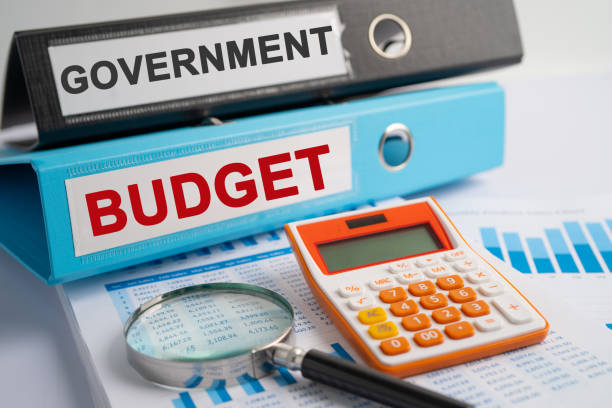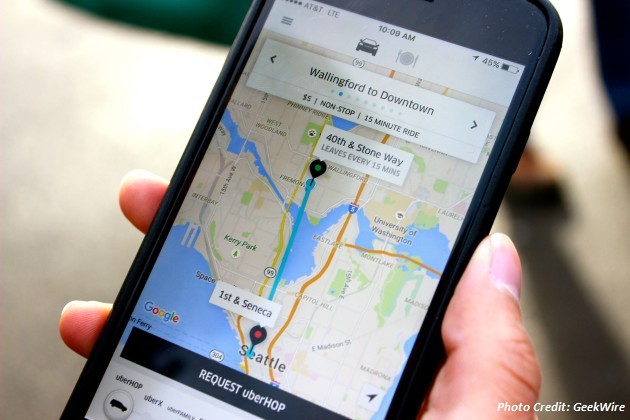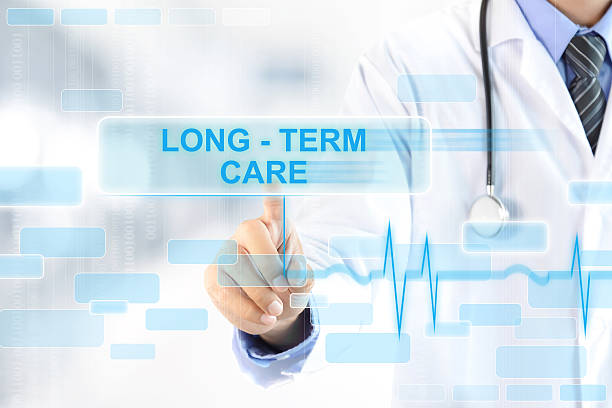Feeling like you have less take-home pay? You do. Be sure to look at your digital or physical pay stub each month. Many of us see our total pay and don’t really take in that state government is gobbling our income along with higher grocery and gas bills (which are also heightened because of government policies).
It’s going to get worse.
Workers’ comp
The Department of Labor and Industries is again calling for employees and businesses to pay more for the state’s monopolized workers’ compensation program in 2024. “Jointly, workers and employees would pay an additional $65 per year for each full-time employee, a 4.9% increase from current rates,” writes The (Tacoma) News Tribune. Contingency reserves would be tapped to avoid even larger increases. Washington Policy Center’s Pam Lewison wrote recently about an even larger impact proposed for the agricultural community.
The agency said in a Sept. 19 press release that the increase is necessary due to higher-than-normal increases in the state’s average wage in recent years. (Note that the high, state-imposed minimum wage is increasing another 3.4% in 2024, further distorting the market, upline wages and the meaning of an entry-wage job. Washington has the highest state-level minimum wage in the nation.)
A competitive system, where employers could shop for workers’ compensation insurance and companies would be working to serve employees and employers better with prevention measures and better pricing, could help control annual increases. Lawmakers should consider getting out of the game it isn’t able to play well.
PFML hike
Washington’s Paid Family and Medical Leave (PFML) program – which benefits only some workers, often at the expense of other workers with lower incomes and less monetary ability to handle family growth or medical needs — will have another rate change in 2024. Let’s hope that means the rate is going down for workers and businesses and not up.
I’m doubtful. The tax rate has already doubled in the tax’s short lifetime, increasing to .8% in January. When the tax started being collected in 2019, the rate was .4%.
A recent email from the Employment Security Department tells businesses, “The Paid Leave premium rate is changing on Jan. 1, 2024. … The premium rate is adjusted based on contributions from premiums and benefits paid during the previous year,” adding, “The new premium rate will be announced at the end of October and published on the Paid Leave website.”
PFML has been an experiment in “build it and they will come.” When the state makes people pay for a possible need that some people get, expect people to cash in.
The state should not be creating a savings account that some (not all) workers — regardless of income — get to use for some (but not other) life needs. Safety nets exist to help out in needy situations. The state doesn’t need to create safety nets for people who are self-sufficient and not needing to rely on other taxpayers. It's financially wise to reserve shared resources for people in true need.
WA Cares
A payroll tax going to WA Cares, another program with a possible benefit many workers won’t need or qualify for, was just added to the cost of being a worker in July. The tax of 58 cents per $100 of earnings is staying put — for now. As with PFML, the rate can be adjusted as needed to keep the thing afloat. That’s concerning, as WA Cares’ solvency was questionable before it even began.
Program solvency and eligibility are two of the reasons workers want the new long-term-care program and tax repealed. Another is because WA Cares' lifetime benefit is inadequate for most people's long-term care needs. An initiative to the Legislature is also collecting signatures right now that would make WA Cares opt-in only. Those wanting to take the gamble on a possible benefit someday — along with those wanting the program knowing that they are likely to qualify and have needs at some point — could.
More payroll taxes on the way?
There is discussion about adding more health care costs and programs to people’s paychecks in the future. The conversation needs to stop. Lawmakers are making Washington state a less attractive, more difficult place to live and work.
Adding taxes even when the state has excess revenue shows that lawmakers' appetite for new programs and taxes isn’t going to end. Paying for wants before needs, as the legislative body often does, shows that the priority-based budgeting many individuals have to do isn't something lawmakers feel applies to them.
We need to privatize workers’ compensation and repeal PFML and WA Cares to help workers keep more of their earnings. In addition to that, lawmakers should introduce legislation that limits the takings from workers’ wages. We can’t keep saddling workers' wages with payroll taxes, even if each one amounts to less than 1%. They add up.






